So, you want to open a personal or business bank account, but you’re not sure where to start? This guide is here to help. Here’s how to find a financial institution you can trust, important aspects to consider when comparing account options, and what questions you should ask before signing on the dotted line.
Questions you need to ask
Here are the top 10 questions to ask a financial institution before you open any type of bank account.
How safe is my money?
“My money is 100% safe once I deposit it in a bank, right?” Wrong. Yes, your money is secure in a bank, but it isn’t a 100% guarantee. With banking scams and other fraudulent activities becoming more and more prominent, an important question to ask a financial institution before opening an account is: “How safe is my money?”
Falling victim to a banking scam can be disastrous, so it’s important to understand how your prospective bank prevents and handles fraud. Ask what safeguarding measures the bank has in place when unusual activity is flagged, and what its compensation policy is.
What account options are available?
What kind of account do you want to open? Do you want to open a personal checking account, a business savings account, or both? They serve different functions in your financial life, so make sure to consider what type of account you want to open – and whether your prospective bank offers them as options.
How much is required for the initial/minimum deposit?
Most banks require you to pay an initial deposit before you can open an account. Essentially, an initial or minimum deposit – usually $25 to $100 – is the minimum amount required to open an account with a financial institution. Some financial institutions don’t require you to pay a minimum opening deposit. Make sure to confirm this with your prospective bank.
Generally, higher minimum deposits are associated with accounts offering premium services. On the other hand, products geared toward a mainstream audience generally require lower minimum deposits.
Are there minimum balance requirements?
Other than the initial/minimum deposit, most banks also require you to maintain a minimum balance. A minimum balance is the least amount of money that you should have in your account during the entire month. When you’re required to maintain a minimum balance in your account, it means that your balance should NOT drop below the specified amount, or you will have to pay the penalty charge.
What are the account fees?
Some banks charge fees on accounts; others charge fees only if your balance falls below a certain level. So, you should always ask what the bank’s requirements are when it comes to account fees. Moreover, some banks charge fees for services such as overdrafts and ATMs. Again, find out what those fees are and ask about them in detail. You can ask questions like, “How much is the overdraft fee?” or “If there are ATM fees, are they waived for any specific ATMs?”
Do you offer interest rates for checking accounts?
What are the current interest rates? Some banks offer interest rates on their checking accounts – at least for qualifying accounts. Ask about the bank’s required minimum or other requirements of interest-bearing checking accounts and what the interest rates are.
All savings account have an interest rate. So, if you’re planning to open a savings account, you need to ask what interest the bank pays. Does the interest rate vary depending on how much money you have in your account? Make sure to ask your prospective bank what those various amounts are.
What happens if I withdraw more money than what I have on my account?
Withdrawing more money than what you have on your account is known as an overdraft. Some banks offer overdraft services that allow your transaction to go through, but you will be charged a fee. On the other hand, some banks prevent you from overdrafting when swiping your debit card and all transactions will be declined if your account doesn’t have enough funds.
Some banks offer optional overdraft protection – this allows you to cover an overdraft with money you have from another account, such as your credit card or savings account. Just remember that this overdraft protection can result in a fee, and if you pay for the overdraft using your credit card, it may also be subject to interest. Make sure to ask your prospective financial institution about their overdraft policies.
What fees do you charge? What’s your fee schedule?
Banks make a profit in part by charging their customers certain fees. While some banks clearly indicate what those fees are, some may not be as transparent so make sure to ask what those fees are and what the fee schedule is like. Specifically, you can ask about the following fees for any account you are considering:
- Maintenance fee
- Monthly service fee
- Transaction fee
- Minimum balance fee
- Cash deposit fee
- ATM usage fee
- Wire transfer fee
- Overdraft fee
Knowing these costs can help you make comparisons and can help you find the financial institution that best meets your needs and financial requirements.
Can I access my bank information online?
If you don’t have easy access to a branch, online banking can be very important. So, make sure that you ask about the bank’s online availability. Can you easily transfer money, check balances, receive statements, and pay bills online? Also, ask the bank about their guarantees and policies in case someone fraudulently accesses your online account. Note: Make sure that you fully understand your online banking responsibilities.
Who is the bank owned by?
A change in ownership can affect a financial institution’s long-term approach to finances and investment, so it is worth reviewing who owns the prospective bank you’re considering.
The bottom line
Make sure to ask these questions before you open an account with any financial institution so that you can take the maximum benefit out of your account.

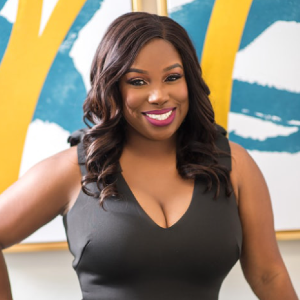
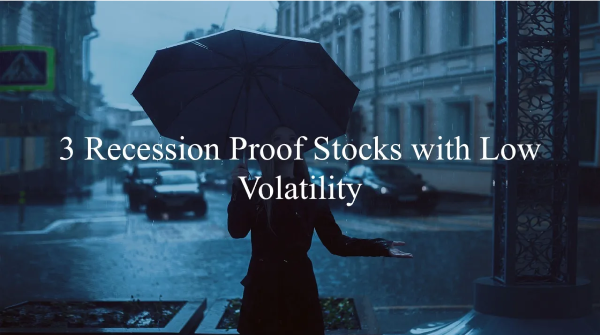
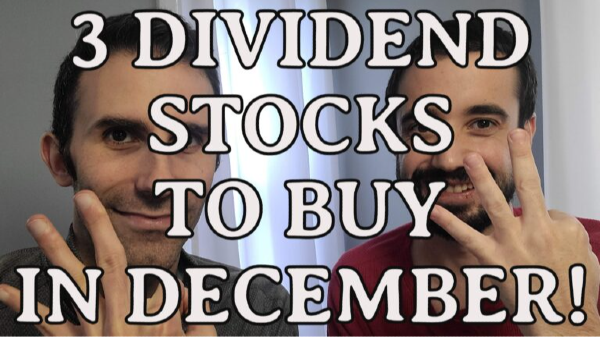
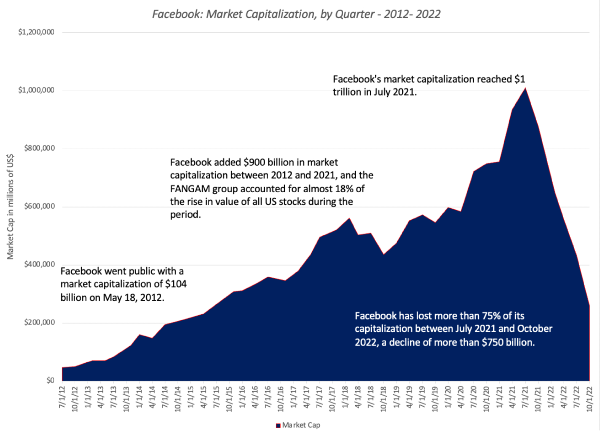
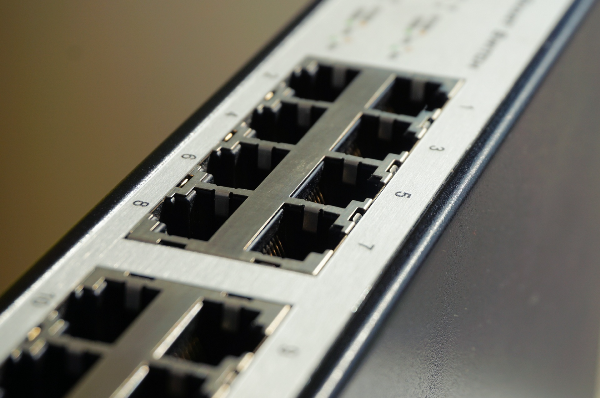



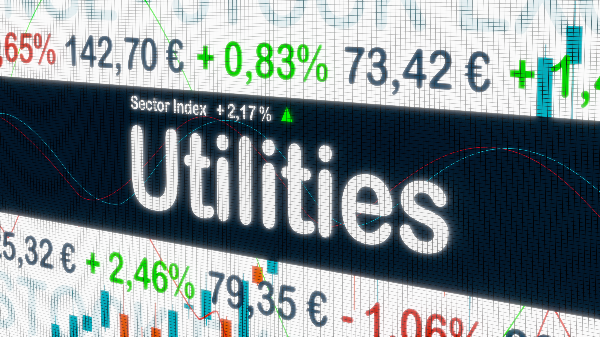


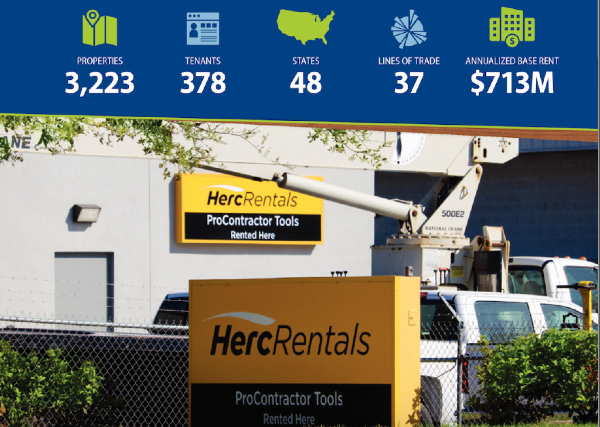
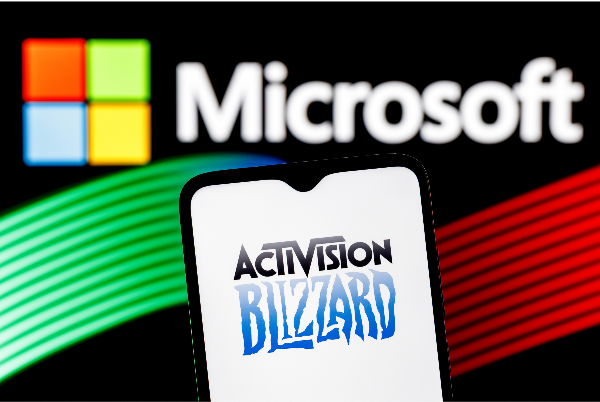


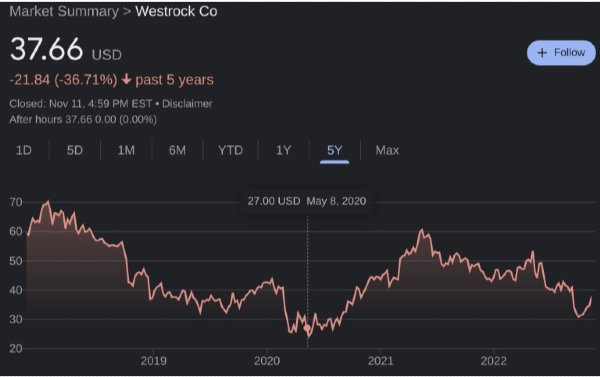

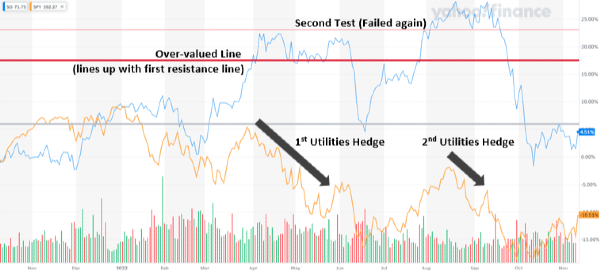











So, you want to open a personal or business bank account, but you’re not sure where to start? This guide is here to help. Here’s how to find a financial institution you can trust, important aspects to consider when comparing account options, and what questions you should ask before signing on the dotted line.
Questions you need to ask
Here are the top 10 questions to ask a financial institution before you open any type of bank account.
How safe is my money?
“My money is 100% safe once I deposit it in a bank, right?” Wrong. Yes, your money is secure in a bank, but it isn’t a 100% guarantee. With banking scams and other fraudulent activities becoming more and more prominent, an important question to ask a financial institution before opening an account is: “How safe is my money?”
Falling victim to a banking scam can be disastrous, so it’s important to understand how your prospective bank prevents and handles fraud. Ask what safeguarding measures the bank has in place when unusual activity is flagged, and what its compensation policy is.
What account options are available?
What kind of account do you want to open? Do you want to open a personal checking account, a business savings account, or both? They serve different functions in your financial life, so make sure to consider what type of account you want to open – and whether your prospective bank offers them as options.
How much is required for the initial/minimum deposit?
Most banks require you to pay an initial deposit before you can open an account. Essentially, an initial or minimum deposit – usually $25 to $100 – is the minimum amount required to open an account with a financial institution. Some financial institutions don’t require you to pay a minimum opening deposit. Make sure to confirm this with your prospective bank.
Generally, higher minimum deposits are associated with accounts offering premium services. On the other hand, products geared toward a mainstream audience generally require lower minimum deposits.
Are there minimum balance requirements?
Other than the initial/minimum deposit, most banks also require you to maintain a minimum balance. A minimum balance is the least amount of money that you should have in your account during the entire month. When you’re required to maintain a minimum balance in your account, it means that your balance should NOT drop below the specified amount, or you will have to pay the penalty charge.
What are the account fees?
Some banks charge fees on accounts; others charge fees only if your balance falls below a certain level. So, you should always ask what the bank’s requirements are when it comes to account fees. Moreover, some banks charge fees for services such as overdrafts and ATMs. Again, find out what those fees are and ask about them in detail. You can ask questions like, “How much is the overdraft fee?” or “If there are ATM fees, are they waived for any specific ATMs?”
Do you offer interest rates for checking accounts?
What are the current interest rates? Some banks offer interest rates on their checking accounts – at least for qualifying accounts. Ask about the bank’s required minimum or other requirements of interest-bearing checking accounts and what the interest rates are.
All savings account have an interest rate. So, if you’re planning to open a savings account, you need to ask what interest the bank pays. Does the interest rate vary depending on how much money you have in your account? Make sure to ask your prospective bank what those various amounts are.
What happens if I withdraw more money than what I have on my account?
Withdrawing more money than what you have on your account is known as an overdraft. Some banks offer overdraft services that allow your transaction to go through, but you will be charged a fee. On the other hand, some banks prevent you from overdrafting when swiping your debit card and all transactions will be declined if your account doesn’t have enough funds.
Some banks offer optional overdraft protection – this allows you to cover an overdraft with money you have from another account, such as your credit card or savings account. Just remember that this overdraft protection can result in a fee, and if you pay for the overdraft using your credit card, it may also be subject to interest. Make sure to ask your prospective financial institution about their overdraft policies.
What fees do you charge? What’s your fee schedule?
Banks make a profit in part by charging their customers certain fees. While some banks clearly indicate what those fees are, some may not be as transparent so make sure to ask what those fees are and what the fee schedule is like. Specifically, you can ask about the following fees for any account you are considering:
Knowing these costs can help you make comparisons and can help you find the financial institution that best meets your needs and financial requirements.
Can I access my bank information online?
If you don’t have easy access to a branch, online banking can be very important. So, make sure that you ask about the bank’s online availability. Can you easily transfer money, check balances, receive statements, and pay bills online? Also, ask the bank about their guarantees and policies in case someone fraudulently accesses your online account. Note: Make sure that you fully understand your online banking responsibilities.
Who is the bank owned by?
A change in ownership can affect a financial institution’s long-term approach to finances and investment, so it is worth reviewing who owns the prospective bank you’re considering.
The bottom line
Make sure to ask these questions before you open an account with any financial institution so that you can take the maximum benefit out of your account.
Originally Posted on startupnation.com